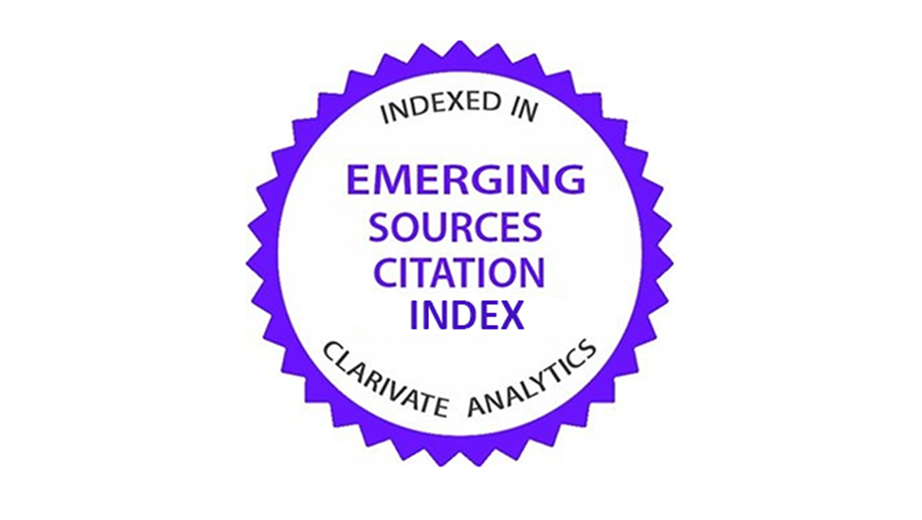ANALISIS FAKTOR-FAKTOR YANG MEMPENGARUHI IMPOR BERAS INDONESIA
Abstract
Most of all developing countries including Indonesia gave serious enough attention to overcome incursion import and also low import price problem. In many cases, low import product price into a state will have several bad effects to agriculture industry, rural development and employment. This research aims are (1) to know and analyze factors influence to rice import and (2) to know elasticity of rice import variable. The research use time series data, with secondary data type starting 1969-2004 year which collected from various archives or publication from Department of Agriculture, Statistical Bureau Center, BULOG, FAO, IRRI and relevant publication with this research. Analysis method used by econometric with OLS (Ordinary Least Square). Because of used time series data for the estimation, so will be test stationer of variable in data analysis (Koutsoyiannis, 1978). And than testing for degree of integration and to see long-range and short-range model used ECM Engle-Granger, 1997 (Insukindro, 2002).
Conclusion of the research are (1) factors influence rice import is previous year import factor in short-range and long-range, despitefully rice import on a long term influenced also by earnings, (2) elasticity of previous year rice import in short-range 0,77 (inelastic) and on a long-range 0,40 (inelastic), while earnings elasticity is 13,5 (elastic). Research implication to depress rice import is substitution rice with higher value level of commodity.
Keywords
Full Text:
PDFReferences
------------ dan Sawit H, 2001. Kebijakan Beras dan Pangan Nasional, ed kedua, Penerbit IPB Press, Bogor.
------------ dan Sawit H,1999. Kebijakan Beras dan Pangan Nasional, Cetakan Pertama, Penerbit IPB Press, Bogor.
------------, 1995. Kebijaksanaan Pangan Nasional, PT. Dharma Karsa Utama, Jakarta.
------------, 2000. Whiter The World Rice Market, Policy Brief No 9, Bappenas, USAID/DAI Food Policy Advisory Team, Jakarta.
-------------, 2000. The Current Rice Situation, Working Paper No 4, Bappenas, USAID/DAI Food Policy Advisory Team, Jakarta.
-----------, 2002. Rice Trade Liberalization and Rice Price Volatary, Working Paper No 8, Bappenas, USAID/DAI Food Policy Advisory Team, Jakarta.
-----------, 2006. Modul Aplikasi Eviews 4.1. Dalam Analisis Ekonometri, IPB Bogor.
Amang B , 1994. Pengendalian Pangan dan Harga, PT Dharma Karsa Utama, Jakarta.
Amang B dan Noer Sutrisno, 1994. Politik Stabilisasi Harga Pasca GATT , Pangan 5(20), BULOG, Jakarta : 27-34.
Anonimous, 1999. The Future of the Rice Market and Policy Options to Counteract Rice Price Instability in Indonesia,Working Paper No 3. Bappenas, USAID/DAI Food Policy Advisory Team, Jakarta.
Handewi S, Suhartini, Purwoto A, Hardono, 2004. Dampak Liberalisasi Perdagangan Terhadap Kinerja Ketahanan Pangan Nasional, PPE, Bogor.
Mulyana A, 2004. Prakiraan Dampak Penghapusan Intervensi Kebijakan Impor dan Operasi Pasar Beras Terhadap Stabilisasi Harga dan Marjin Pemasaran Beras di Pasar Domestik dalam Rekonstruksi dan Restrukturisasi Ekonomi Pertanian, PERHEPI, Jakarta.
Sawit, M. 2007a. Liberalisasi Pangan : Ambisi dan Reaksi dalam Putaran Doha WTO. Badan Penerbit Fakultas Ekonomi. Universitas Indonesia : Jakarta
Tsujii Hiroshima and Darwanto HD, 2003. Econometric Analysis of Indonesian Rice Economy and Policy : The Market Fundamentalism as the cause of the 1997-98 Rice Crisis, dalam Hayashi Y dkk (ed) Sustainable Agriculture in Rural Indonesia, Gadjah Mada University Press :185- 204.
WTO, 2003. ”Trade Policy Review-Indonesia”, Report by the Secretariat (WT/TPR/S/117) : Geneva.
Refbacks
- There are currently no refbacks.











